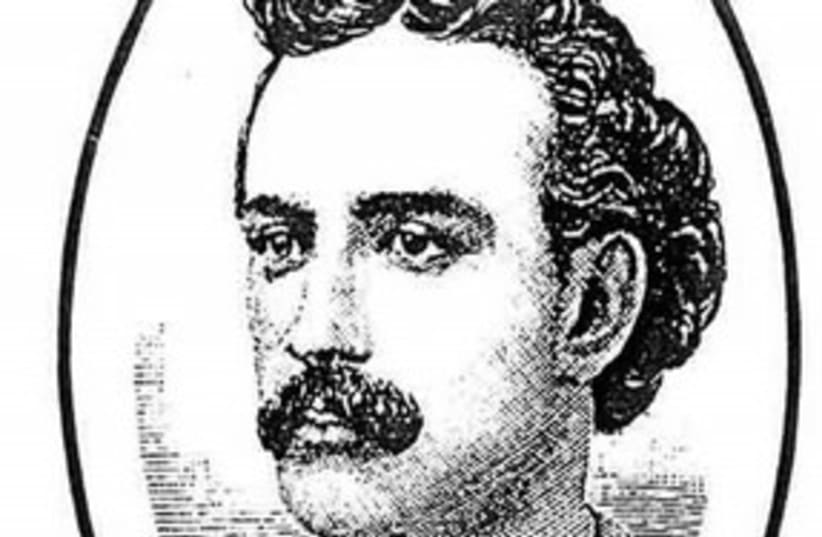The writer serves as Chairman of Shavei Israel (www.shavei.org), a Jerusalem-based organization that assists “lost Jews” seeking to return to the Jewish people.
Time to honor America’s first Jewish home-run king
Fundamentally Freund: As an icon of Jewish athleticism,‘The Iron Batter’ deserves a spot in Baseball’s Hall of Fame.

The writer serves as Chairman of Shavei Israel (www.shavei.org), a Jerusalem-based organization that assists “lost Jews” seeking to return to the Jewish people.